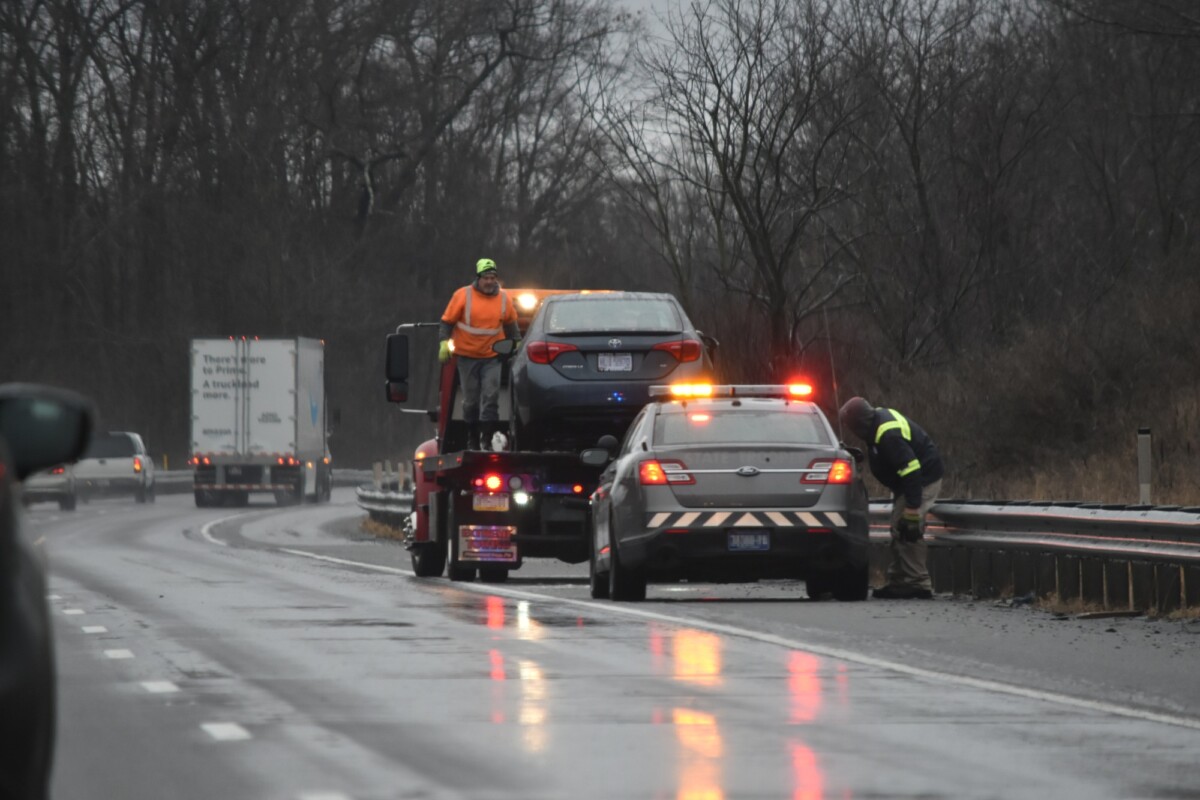What Are the Legal Implications of Dumpster Diving in Texas?
Dumpster diving—searching through trash for useful or recyclable items—is often seen as a sustainable activity. However, in Texas, the legal implications are not always straightforward. The legality largely depends on location, property rights, and local regulations. This article explores what you need to know before dumpster diving in the Lone Star State.
Basics of Dumpster Diving in Texas
Dumpster diving in Texas can be legal or illegal depending on several factors. If a dumpster is placed on private property, accessing it without permission may result in trespassing charges. On the other hand, if the dumpster is located in a public area, diving may be allowed, but local ordinances could still impose restrictions.
It’s important to research your municipality’s rules before engaging in this activity. Some businesses have strict anti-scavenging policies, and while these are not always enforceable by law, they can still lead to legal trouble. Moreover, while diving may seem harmless, it can sometimes be classified as theft, especially if the items retrieved were not clearly discarded.
Is Dumpster Diving Illegal in Texas?
There is no statewide Texas law that outright bans dumpster diving. Instead, local governments have the authority to regulate or prohibit it through city ordinances.
For example, diving into a commercial dumpster on business property might be considered theft or trespassing—even if the items seem discarded. The ambiguity lies in ownership: just because something is in the trash doesn’t always mean it’s considered “abandoned” by law.
Therefore, always check local city codes or consult legal resources to determine if dumpster diving is allowed in a particular area. A good place to start is the USA.gov legal aid page, which provides resources for understanding local legal systems and your rights.
Property Rights and Ownership Considerations
In Texas, property rights are a major factor in determining legality. Dumpster contents are often considered the property of the person or business that owns the dumpster until collected by a waste service.
Diving into dumpsters without permission, especially on private land, can lead to criminal charges. Even if the dumpster is publicly visible, the land it rests on might not be public, and entering it without consent could be grounds for prosecution.
Local Ordinances and Municipal Regulations
Texas cities have their own rules concerning waste scavenging. Some municipalities permit dumpster diving under certain conditions, while others may require a scavenging permit or completely prohibit it. In places where ordinances classify diving as theft, violators may be fined or charged.
Because laws vary widely, it’s advisable to check your city’s official website or speak with local legal counsel. For example, Houston and Dallas may have different rules compared to Austin or San Antonio.
Legal Risks and Potential Consequences
Dumpster diving carries risks beyond just legality. Common issues include:
- Trespassing: Accessing private property without permission.
- Theft: Removing items that are not clearly discarded.
- Injury and Liability: If you’re hurt while diving, you may have limited or no legal recourse.
- Health Code Violations: Some cities prohibit scavenging due to public health concerns.
While the act may not be a crime in itself, related activities can expose divers to legal and physical harm.
Safe and Responsible Practices
If you choose to dumpster dive in Texas, here are a few tips to help you stay safe and within legal bounds:
- Ask for Permission: Especially on private property.
- Check Local Ordinances: Look up rules in your city.
- Use Protective Gear: Gloves, flashlights, and sturdy shoes are essential.
- Avoid Locked or Marked Dumpsters: These indicate ownership and restrictions.
- Don’t Make a Mess: Always leave the area cleaner than you found it.
Community Attitudes Toward Dumpster Diving
Texans have mixed views on dumpster diving. Some see it as a form of resourcefulness and environmental activism, while others associate it with trespassing or theft.
Community groups sometimes host educational workshops to raise awareness about the legal landscape and ethical responsibilities associated with dumpster diving. These initiatives often aim to reduce stigma and promote safer, more informed practices.
FAQ: Dumpster Diving in Texas
Is dumpster diving legal in all of Texas?
No. While Texas law doesn’t explicitly ban dumpster diving, local ordinances may prohibit it or require permission from property owners.
Can you be arrested for dumpster diving?
Yes, especially if you’re caught trespassing on private property or removing items not clearly abandoned.
Is it legal to dumpster dive behind stores?
Only if the dumpster is in a public area and there are no local rules or signage prohibiting it. If it’s behind a locked gate or on private property, it’s likely illegal.
What should I avoid when dumpster diving?
Avoid locked dumpsters, “No Trespassing” signs, and dumpsters near sensitive areas like hospitals, schools, or government buildings.
Can I sell items I find while dumpster diving?
Yes, as long as those items are clearly discarded and abandoned. Selling items that are not legally yours could lead to theft charges.


